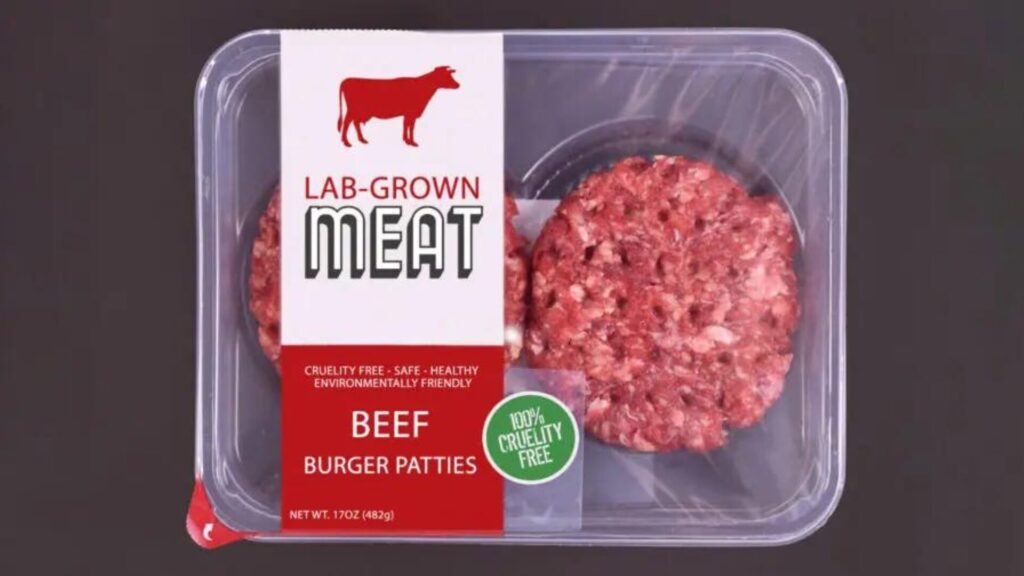Ruling sparks debate over food innovation, consumer protection, and the future of sustainable meat alternatives.
A federal judge recently rejected a request to halt Florida’s new lab-grown meat ban. This decision sparked discussions about food innovation and regulation. The request was part of a broader legal challenge against the law. The law prohibits marketing or selling lab-grown meat products as “meat” in Florida. Supporters of the ban argue it protects consumers from misleading labeling. Critics claim the ban stifles innovation and unfairly targets alternatives to traditional farming.
Lab-grown meat, also called cultured or cell-based meat, is produced by cultivating animal cells. This process eliminates the need to raise and slaughter animals. Advocates say lab-grown meat reduces the environmental impact of livestock farming. It also addresses global food security concerns. This technology offers a more ethical and sustainable alternative to conventional meat production. Traditional farming consumes significant resources and contributes to greenhouse gas emissions.

Florida’s law responds to concerns raised by traditional meat producers and consumer groups. These groups worry labeling lab-grown products as “meat” could mislead consumers. They believe the law helps protect the local meat industry. They argue that clearly distinguishing lab-grown meat ensures transparency. Companies producing lab-grown meat claim the law restricts free market competition. They say it stifles innovation and hinders solutions to climate change and food sustainability.
In rejecting the request, the judge stated the plaintiffs had not shown sufficient immediate harm. The broader legal challenge is still ongoing, and the final outcome remains uncertain. Stakeholders across the food industry and regulatory bodies are closely watching the case. It could set a significant precedent for lab-grown meat regulation in the U.S.
As the legal battle unfolds, debates over lab-grown meat will continue. Key issues include food innovation, sustainability, and consumer rights. The case also raises questions about balancing new technologies with protecting established industries.



